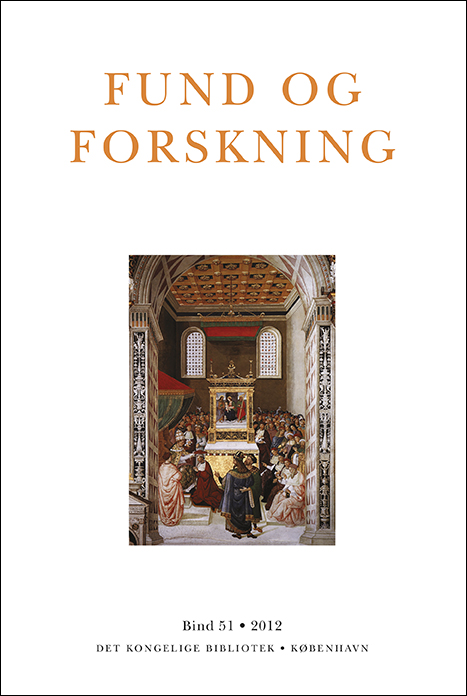Den mangfoldige Hume
DOI:
https://doi.org/10.7146/fof.v51i0.41277Resumé
The Scot David Hume (1711–1776) and Baruch Spinoza (1632–1677) in Holland were two of the greatest philosophers of the European Enlightenment. Whereas Spinoza’s Bible criticism was the inspiration behind the often clandestine tradition known as radical Enlightenment, Hume tried with all his might to wrest the science of mankind from the grip of theology and religion. Since the mid 19th century Hume’s philosophy has been interpreted as either scepticism, naturalism or first and foremost criticism of religion. In my article I describe these three very different interpretations and argue that, although Hume was in a certain sense a sceptic and strongly concerned to criticize the clergy and Christianity, yet both these traits of his thought are connected with his naturalistic and secularist philosophy. The title of the article is explained in its introduction, which describes his manifold interests.


